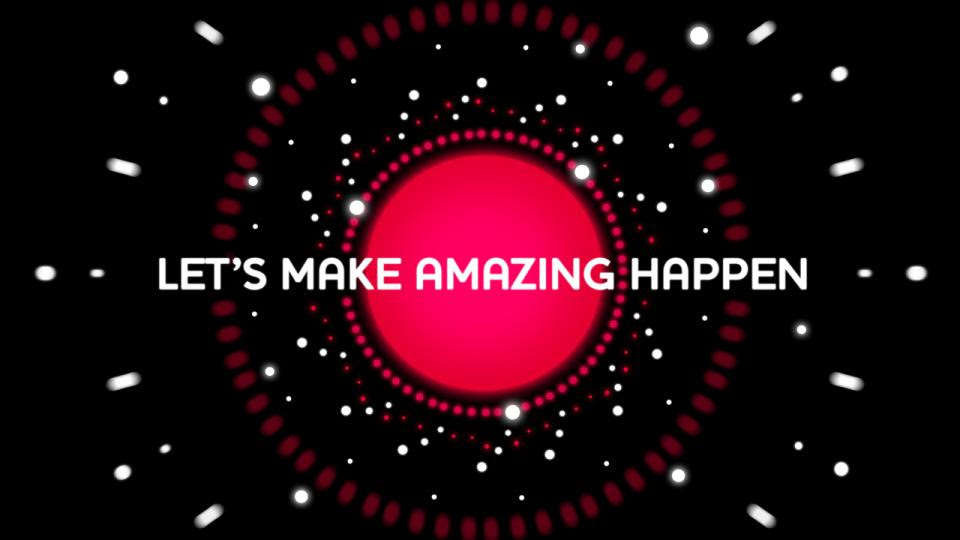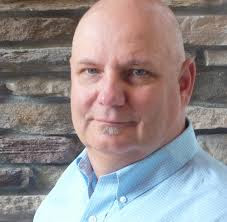
In talking about career development for children as young as three to six years old (Career Buzz, May 14, 2014), Sarah Brown emphasized the importance of the uniqueness of each child. Even before setting kids loose to play in an animated and online “Career Town,” Sarah, who’s the product manager for ccSpark! from Career Cruising, said you need to help kids become more aware of their own preferences. Drawing on Piaget’s theory of development, Sarah said the program asks kids, “How many people are in your family? What is your favourite colour?”
Simple questions about one’s unique situation and preferences help make kids more aware of theirown preferences and uniqueness, which down the road can aid in career choice making. No, the program doesn’t aim to make kids choose a career at such a young age, but yes, it does help build self-awareness, and awareness of actual careers. For example, in the hospital in Career Town work more than just doctors and nurses — just like in a real hospital.
What are the clues that apply to you? In today’s fast-paced world of work it’s easy to lose sight of how well our work aligns with our own preferences. No, there’s no such thing as a soul-mate career where all your preferences are satisfied all the time. However, there is a big difference between a role that aligns with 80% of your preferences, strengths and desires, and one that aligns with only 20%. Try this: Quick: What’s your favourite colour? ____ What’s your favourite number? ____ What’s most important to you in a job? ____. Now, from 1 (low) to 10 (high), how much are you satisfying that desire from question 3, at work? What can you do to increase the amount by one point?
Listen to the whole interview with Sarah Brown and Kyle Phillips of Career Cruising, and Dave WeirElementary Student Success Teacher with Hamilton Wentworth School Board.
*The views expressed by our authors are personal opinions and do not necessarily reflect the views of the CCPA
 How does a corporation help its employees develop their careers for the future? At CIBC, Barbara Wilson told Career Buzz listeners (
How does a corporation help its employees develop their careers for the future? At CIBC, Barbara Wilson told Career Buzz listeners (

